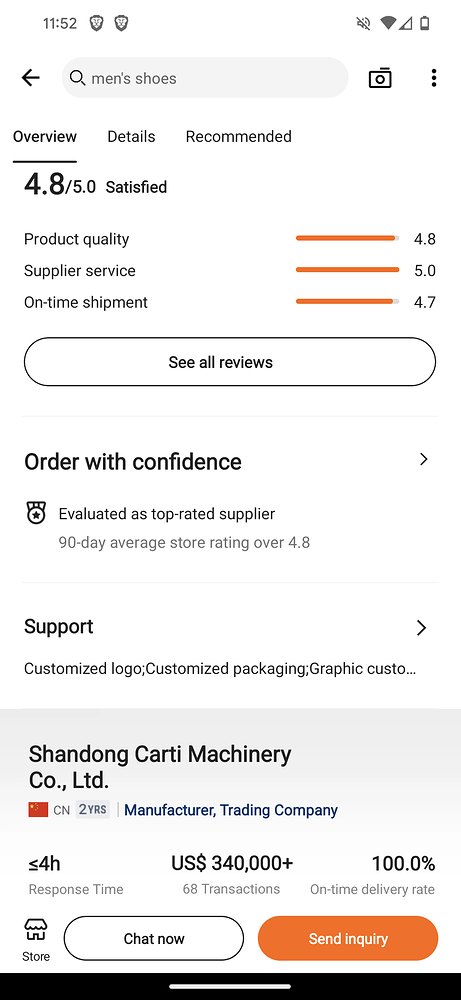My brother and i talked about the new Case I-H electric tractor when it was announced last summer. The high points: on a complete charge, about a 4 hour run time. Will charge 80% in one hour, so the sales pitch will tell you that you’ll get a day’s work if you charge over lunch. Now i need to find me the farmers that work 7 hours a day…and takes lunch.
Exmark has an electric zero turn out now. They claim it has an approximate 8 hour run time on a full charge. Full charge takes 12 hours, you need a 220 volt plug. If a motorized version is about 30k brand new, the electric comes in at a cool 47k. Due to manufacturer’s promotional programs, the actual price paid may vary.
I have learned one thing: never underestimate the power of cheap. What I will say: if you use equipment, it will break. But only if you use it. Of course, if it sits, things can go wrong as well. Where are you going to get parts and service? If there’s one thing i have learned about cheap equipment: no one actually wants cheap equipment. You may want a cheaper price, but no one actually wants cheap equipment.
A lot of this stuff is going to change over the next few years. I put a lot of this under the first model year rule. If you unsure of what I mean, have a chat with your mechanic. Sure, it’s been tested, whatever. Can you tell me a single time where real world use confirmed the estimates put out by any electric vehicle manufacturer? Are you willing to be a guinea pig for this? Are you willing to be a guinea pig on a piece of equipment where support is basically going to be non existent?
Based on what you have had to say, you are going to do this. The decision has been made, if not carried out. Time will tell if you are as happy in future years as when it just lands. My advice: rather than look at this only from a vantage where you desire it, look at it from a point of view of why you shouldn’t. you’ve done the thought exercise where you want it. now do it the other way. what are the things that can go wrong? if you get to the end of that thought exercise and you still think the pros outweigh the cons, well and good.
The landscape of vehicles and equipment are full of examples of brands who existed in the US for a time, sometimes to great acclaim, for a range of reasons. Any one remember Yugo? What could possibly go wrong?
As I said, you seem to have sold yourself on the idea. For my money, for the same amount of what you’d be spending for this import (you’ll be close to 20k by the time you get it), I’d look at the used market for equipment around you. I’m willing to bet you can find more capacity, better value, and a unit that comes with support for the same money. It might not be electric, but I’m going to keep beating this drum…what do you do when you need it fixed?
At the end of the day, the primary issue is performance. Every machine handles differently, and changing the power source on existing categories of equipment is going to involve relearning how to get the most out of it. I recently had to buy a new pickup, and I chose to avoid an electric, because I drive a lot of hills, pull heavy equipment, and weather can be unpredictable. If I’m driving 5 hours to pick up something, and I get to drive home in high winds towing something…there’s a safety net in what exists.
Be realistic about your use expectations. Not about how often you may use it. about how you are going to use it when you do use it. If it’s not going to do the job you ask it to under the conditions you ask it to, the cheap price doesn’t really matter.
